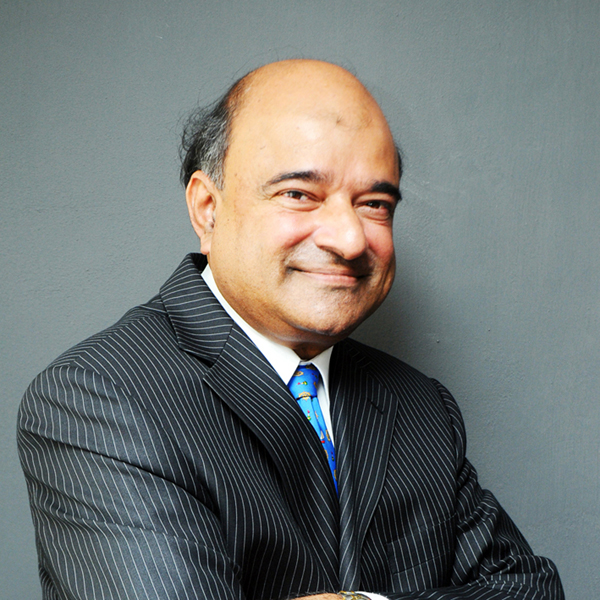Banking secrecy laws: the Mauritian case study
Share

The combined endeavours of the Board of Investment and the Financial Services Commission bring into focus a rather technical and complex area which straddles business, commercial and banking laws. If, on the one hand, all suspicious transactions are fully investigated into by the Financial Intelligence Unit (FIU) and the Independent Commission against Corruption, on the other, our Supreme Court grinds to a halt all investigative process tainted with abuse, save the Mauritius Revenue Authority who is no longer in the net.
The Financial Services Commission and the Bank of Mauritius, regulators of the non-banking and the banking sectors respectively, have made the island really advantageous as a premier investment destination. Mauritius is demonstrating its willingness to combat money laundering through various initiatives. Investments are channelled through the global business sector under the close scrutiny of statutory regulators along with the control of our Supreme Court. Strict rules apply in respect of confidentiality of banking information.
The FIU is the central agency responsible for receiving, requesting, analyzing and disseminating to the investigatory and supervisory authorities disclosures of financial information concerning suspected proceeds of crime and alleged money laundering. However, it is not easy to accede to banking information and our Supreme Court is empowered to check and balance the process. Under Section 64 (9) of the Ban-king Act 2004, The Director-General under the Prevention of Corruption Act, the Chief Executive of the Financial Services Commission, the Commissioner of Police, the Director General of the Mauritius Revenue Authority, the Enforcement Authority under the Asset Recovery Act (formerly the Director of Public Prosecutions, now the Director of the FIU under Act 29 of 2015), or any other competent authority in or outside Mauritius who requires any information from a financial institution relating to the transactions and accounts of any person, may apply to a Judge in Chambers for an order of disclosure of such transactions and accounts or such part thereof as may be necessary.
It was held in “Drouin & ors v/s Bank of Baroda &ors 2008 SCJ 304” (Supreme Court Judgment no 304 of 2008) that the private nature in banker’s confidentiality is balanced with the public nature in its exceptions. The jurisdiction of the Judge in Chambers is also provided under the Banking Act. Thus, he may not make an order unless he is satisfied of a number of statutory conditions. Section 64(3)(10) provides: “(10) The Judge in Chambers shall not make an order of disclosure unless he is satisfied that: the applicant is acting in the discharge of his or its duties; the information is material to any civil or criminal proceedings, whether pending or contemplated or is required for the purpose of any enquiry into or relating to the trafficking of narcotics and dangerous drugs, arms trafficking, offences related to terrorism under the Prevention of Terrorism Act 2002 or money laundering under the Financial Intelligence and Anti-Money Laundering Act 2002; or the disclosure is otherwise necessary, in all the circumstances.”
Now, as regards section 64, the rock bed of a sound financial system is banker’s confidentiality. A third party, therefore, may not be allowed, through the agent who is the banker, to probe into the affairs of the principal who is the customer. It flies in the face of the very basic the principles of propriety, ethics, trust, good sense, basic morality and good law.
However, the Mauritius Revenue Authority escapes the control of the Supreme Control and is free to request for information under section 123 (4) of the Income Tax Act, where it is stipulated: “Notwithstanding subsection (3) (b), section 64 of the Banking Act 2004 and any other enactment, the Director General may require from any person information relating to: (a) interest paid to any depositor; (b) any account or deposit operated, made or opened, as the case may be, by any client, customer or patron of that person, whether such account or deposit is in his own name, in a fictitious name or in the name of any other person, upon the Director General stating in writing that: (i) he has reason to believe that the client, customer or patron has been convicted of an offence relating to dangerous drugs or has been or is illicitly in possession of or has been or is illicitly dealing in dangerous drugs or dangerous weapons; or (ii) he reasonably requires the information in order to prevent any evasion of income tax or any fraud on the public revenue.”
There is no room for the bank’s customer to check the reasonableness of the Director General’s belief. Is it reasonable to have such inequality of arms?









